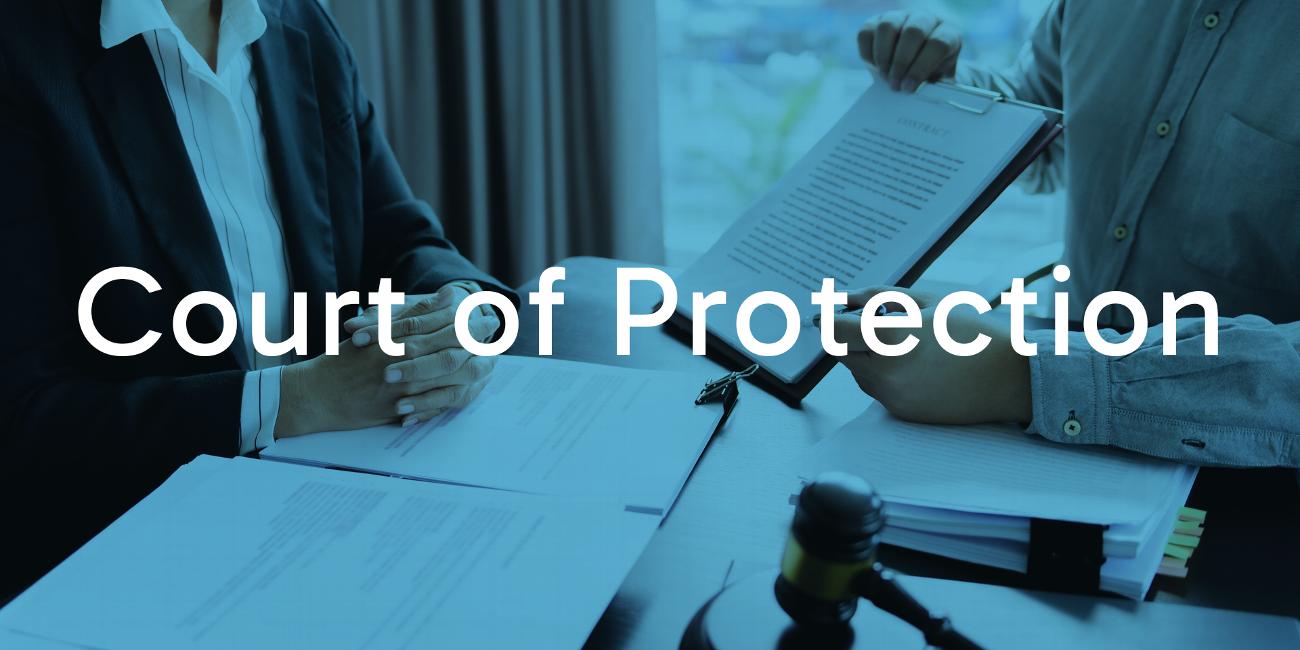Trusted National Law Firm with a head office on the Wirral
Click Here to get a Conveyancing Quote


Important Notice – Barrett Hawthorne
We are aware that a person called Barrett Hawthorne is purporting to be connected to BBH Legal Services and to be involved with clients of the business. Barrett Hawthorne is not a representative of, nor employed by this business and is not connected to BBH Legal Services Ltd in anyway.






